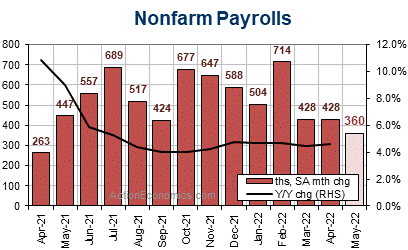The European Securities and Markets Authority (ESMA) is at the forefront of shaping the regulatory landscape for crypto assets within the European Union (EU). Releasing two consultation papers on January 29, ESMA’s focus is on establishing standards and guidelines for implementing the Markets in Crypto-Assets (MiCA) regulation, marking a significant step forward in the EU’s approach to cryptocurrency regulation.
The first consultation paper, open for public feedback until April 19, 2024, aims to provide clarity under the MiCA rules introduced last year. ESMA’s primary goal is to ensure that clients of crypto asset service providers (CASPs) enjoy full rights and protections as stipulated by MiCA. Emphasizing the protection of EU-based investors and MiCA-compliant CASPs from undue influence by non-EU and non-MiCA compliant entities, the paper stresses the need for robust regulatory measures.
To achieve this objective, ESMA proposes prohibiting non-EU firms from engaging in solicitation activities within the EU. Such activities encompass advertising, sponsorship deals, and influencer endorsements. ESMA adopts a broad interpretation of “person soliciting,” encompassing both the third-country firm and any entity or individual acting on its behalf. However, an exemption is provided if the client initiates contact with the firm and requests the service.
The second consultation paper, also released on the same day, focuses on crypto assets as financial instruments. It clarifies that crypto assets falling outside the scope of other EU legal frameworks applicable to financial instruments are likely but not automatically subject to the MiCA framework. ESMA is accepting public consultation on both papers until the end of April, with guidelines expected to be issued by late December in accordance with MiCA.
ESMA’s proactive stance aligns with its mandate to develop technical standards and guidelines for specific MiCA provisions. Key aspects of these guidelines include limitations on third-country firms providing crypto-asset services and a narrow interpretation of the reverse solicitation exemption.
Reverse solicitation, where a potential customer initiates contact with a firm for crypto asset services, is permitted as an exemption to the MiCA framework. However, ESMA views this exemption as narrow for third-country firms. Regulators, including national competent authorities, are committed to safeguarding EU-based investors and MiCA-compliant CASPs from undue incursions by non-EU and non-MiCA compliant entities, underscoring the importance of investor protection in the evolving crypto landscape.
